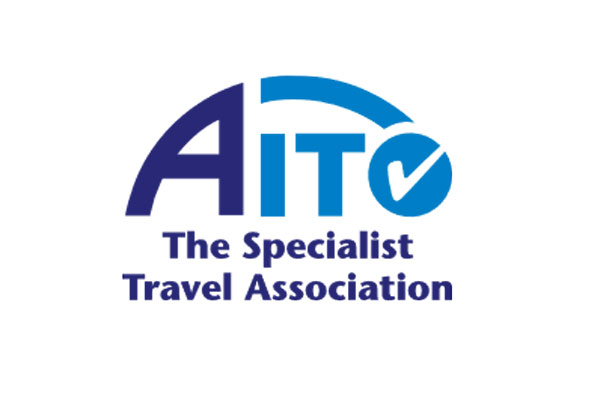Adjustment of the PTRS is urgent, says Aito director of industry issues Noel Josephides
Those of us who have been around for a while remember well the collapse of Clarksons in summer 1974.
That led to the Atol system of consumer protection. It also led to the formation of Aito in 1976 – a group of small operators seeking a way to put bonding in place to comply with the Atol Regulations.
 Regulations have always been adjusted to meet the requirements of a changing market. In 1992 came the introduction of the first Package Travel Directive from Brussels, further strengthening consumer protection both for licensable and non-licensable packages.
Regulations have always been adjusted to meet the requirements of a changing market. In 1992 came the introduction of the first Package Travel Directive from Brussels, further strengthening consumer protection both for licensable and non-licensable packages.
I remember several visits to Brussels with Kevin Davies of the then-named Department of Trade and Industry (DTI). He was a real expert in anything to do with the regulations. I wish we still had him at the Department for Business (BEIS, formerly the DTI), because his experience in the current turmoil would be invaluable.
BEIS seems to lack the business experience to deal with the current predicament we face.
As time went on, both the Package Travel Regulations and the Atol regulations have been tweaked from time to time to meet the requirements of the market, which continues to evolve.
The biggest change followed the deregulation of EU air space and the coming of age of the internet.
This signalled the rise of the OTAs, which booked flights and accommodation separately – what used to be called tailor-made packages – but insisted they were merely agents for the service providers and therefore did not need an Atol as they were not creating packages.
This growing trend alarmed the Atol regulator, the Civil Aviation Authority (CAA), as it led to thousands of consumers booking such arrangements which stood outside the regulations.
So in 2012 Flight Plus was introduced by the CAA to legalise the OTAs’ way of working – to the considerable consternation of the legacy tour operator market, which had to bow to the changing landscape and the fact that a previously unregulated sector of the market had been brought within the system.
Since then, further adjustments to the legislation have been made, culminating in the 2018 Package Travel Regulations designed to fit the then trading environment.
These regulations did not foresee and were never intended to cope with the arrival, worldwide, of Covid-19.
The repercussions are neither the fault of the tour operator nor the client. However, the 2018 PTR remedy is only in favour of the client – i.e. a cash refund within 14 days – leaving the industry in a veritable mess in the current Covid-19 meltdown.
We know that Abta, the CAA and the Department for Transport are pragmatic, with many years’ experience in dealing with industry collapses.
They want to offer a breathing space to the industry by temporarily adjusting the regulations to enable cash to flow – and travel companies to survive – this blip.
Consumers will not lose their money. They would simply be asked to wait a while, thus sharing a little of the pain.
The regulations have been adjusted before, and can be adjusted again, both to suit the client and the industry as a whole.
Anyone in the travel industry who does not grasp this undoubtedly has a different agenda – perhaps one that is self-serving, rather than thinking of the greater good of consumers and industry alike.
Consumers, after all, will be far poorer should the majority of the travel industry be forced into liquidation for no good reason other than cash flow being temporarily stymied by the current set of PTRs, in circumstances that no-one could have foreseen a matter of months ago.
Noel Josephides is director, industry issues, of AITO – The Specialist Travel Association
